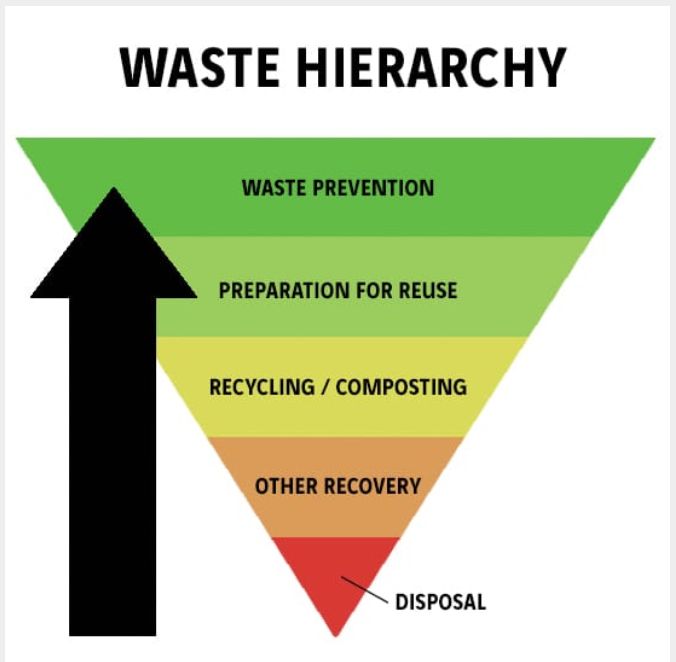The Earth Strikes Back!
Jun 14, 2019 • 52 views
I'm sure recently you must have come across a report which stated that the Earth has almost only over a decade left until irreversible damage from climate change is done to it. In light of the hazardous activities by humans, the term environmental protection has emerged. Its a practice of protecting natural habitat and environment on a personal, industrial and governmental level. Under environmental protection, another term has emerged, environmentalism. Environmentalism is a social movement which addresses environmental issues through promoting awareness, education and activism.
The amount of greenhouse gas in the atmosphere is already above the threshold that can potentially cause dangerous climate change. We are already at risk of many areas of pollution...It's not next year or next decade, it's now.
The UN Office for the Coordination of Humanitarian Affairs has also stated that:
Climate change is not just a distant future threat. It is the main driver behind rising humanitarian needs and we are seeing its impact. The number of people affected and the damages inflicted by extreme weather has been unprecedented.
There are changes that need to be made for a better future. The calamities we are facing right now will only increase. There are ways to minimise the level of pollution and waste we create.
Zero Waste

In order to tackle the issues we're facing right now, there are methods. Zero Waste is a philosophy which advocates creating longevity and redesigning the resource life cycles so that products are reused. Its goal is to send less trash to the landfills, seas, and incinerators. Currently, only 9% of plastic is actually recycled and we already know that it takes 1000 years for plastic to decompose. So, by adopting the methods of zero waste, you could exponentially reduce the amount of you waste you create on a daily basis.
Zero waste refers to management and planning which encourages prevention of waste. It inculcates habits that focus on restructuring systems to reduce waste rather than relying on reusing and recycling. But even if you can't adopt every aspect into your life style, there are little ways through which you can make a bigger impact.
Start recycling. Familiarise yourself with its components.
Ditch the plastic bags and containers. Use and rely on reusable containers and jute/cotton bags.
Plan your meals, instead of always eating out maybe try making something at home.
The most basic way, stop using plastic straws and toothbrushes. Instead opt for metal or glass straws and bamboo toothbrushes.
Learn to reuse. Learn to fix clothes and equipment instead of getting rid of it.
Use more digital methods instead of wasting paper.
Though it may seem hard to incorporate into your lifestyle, its necessary to make a change. Even the littlest of things help make an impact.
